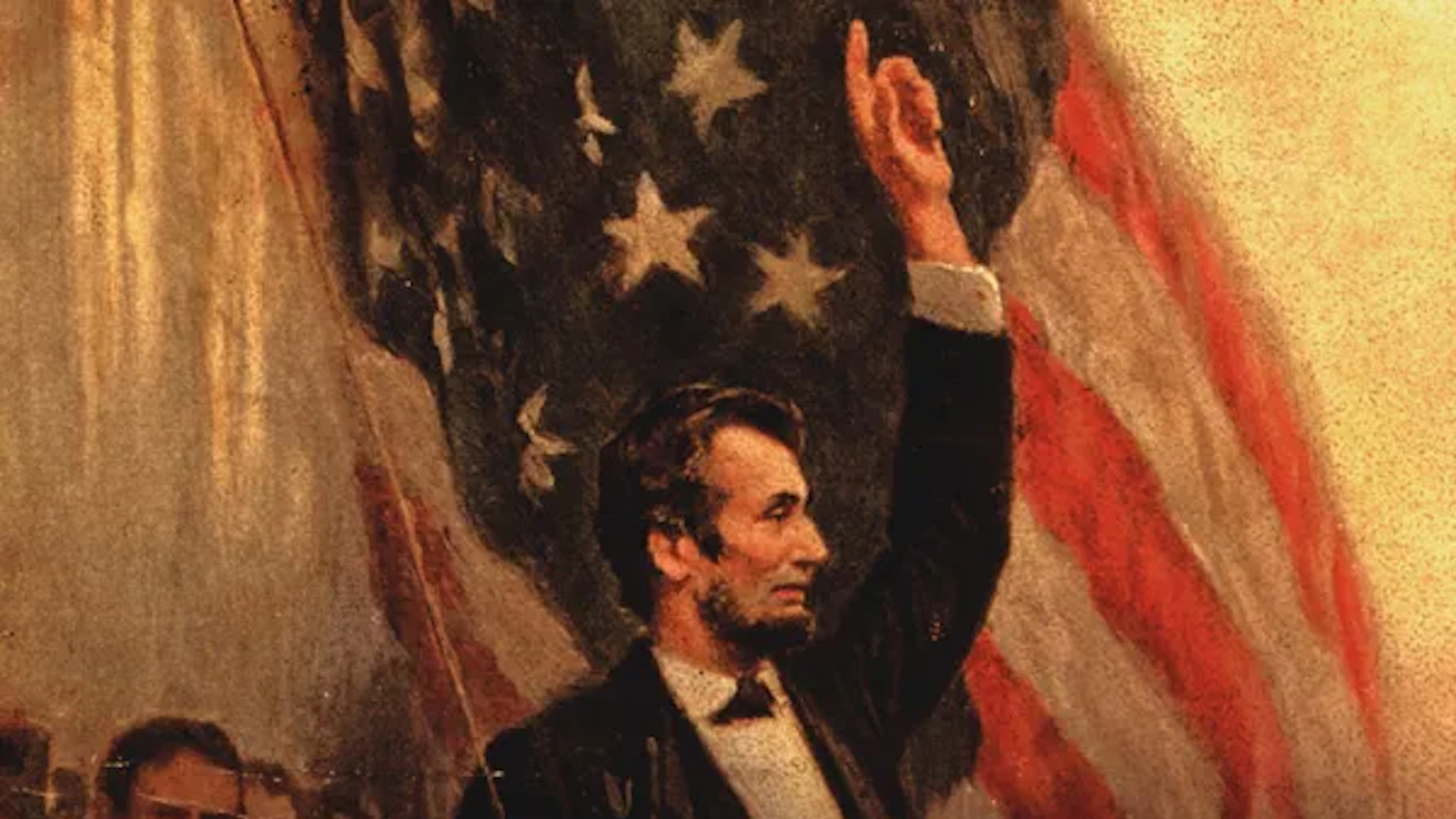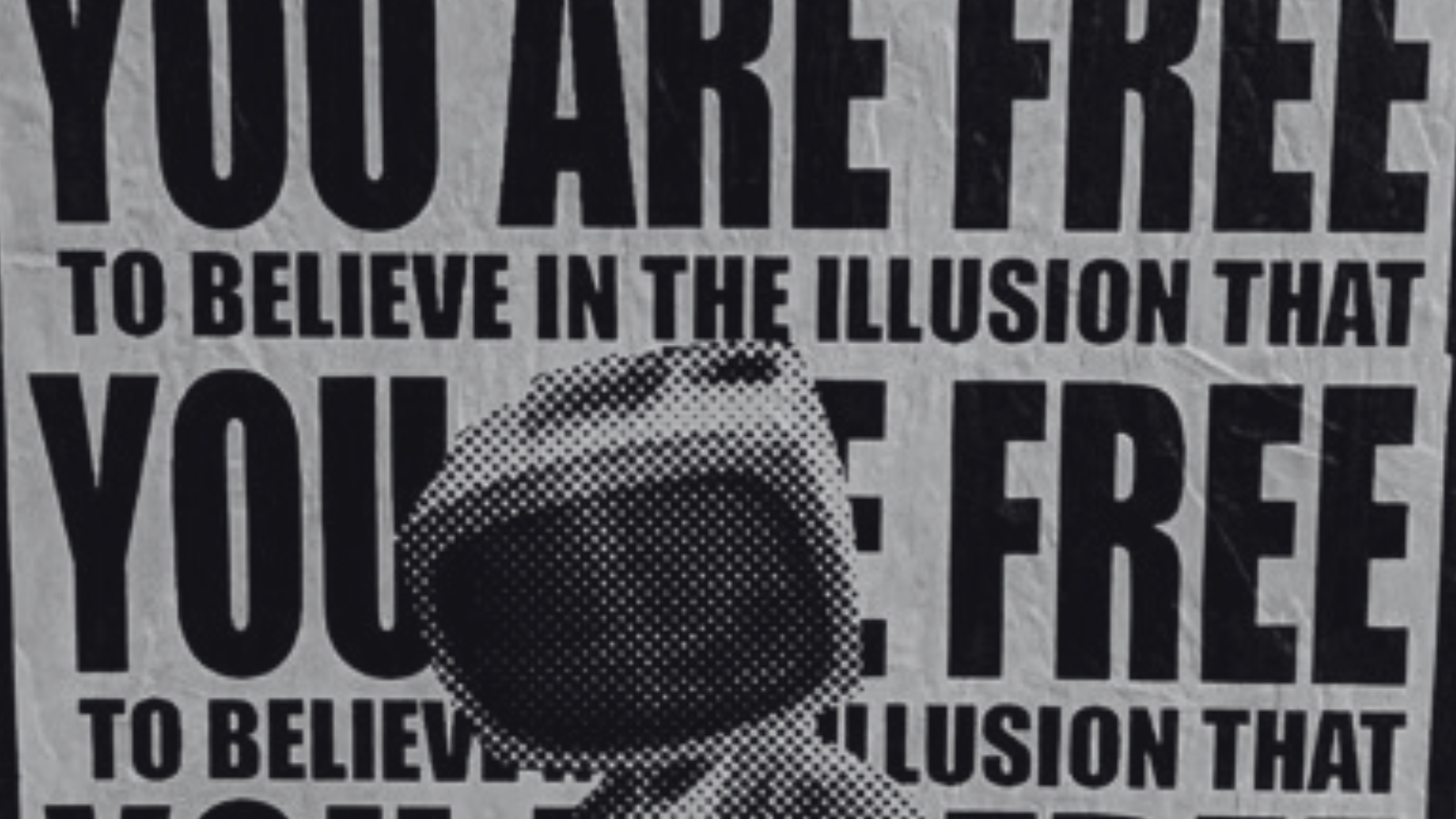
Should Libertarians Really be Excited about Chevron’s Death?
Many libertarians and advocates of small government are celebrating the U.S. Supreme Court’s recent decision to strike down the “Chevron doctrine.” Chevron required courts to give deference to interpretations of law made by government agencies when regulations were challenged in court, provided those agency interpretations made sense. In its ruling, SCOTUS effectively said that the judiciary—not the executive branch—is the final interpreter of the law.
Overturning this deference may well reduce regulatory overreach at the federal level and require our Congress to pass clearer laws, both of which are welcome changes. What the champions of this decision are forgetting, however, is that judicial overreach can be just as dangerous to liberty as administrative overreach. The repeal of Chevron may simply be a trade of one form of government encroachment to another.
While the government overreach most commonly encountered by the public today is administrative in nature, there have been times in history when it came from the judiciary. Just look at when President Abraham Lincoln refused to enforce the Dredd Scott ruling.
In the late 1850s, the Supreme Court had seen a great deal of division in the country over the issue of slavery, and had attempted desperately to create peace by ruling that Black Americans were not citizens. Lincoln, however, refused to enforce such an interpretation and quoted President Andrew Jackson saying, “The Congress, the executive and the court, must each for itself be guided by its own opinion of the Constitution. Each public officer, who takes an oath to support the Constitution, swears that he will support it as he understands it.”
If famous presidents of the past felt the judiciary was not the final interpreter of the law, why is the Supreme Court asserting it is? The answer relates to the historical context surrounding the Chevron doctrine and the shifting relationship between the administrative state and the judicial branch.
Chevron’s original justification was placing more decision-making power with “specialist” agencies in their regulatory area. However, in striking Chevron, SCOTUS felt that since the issue at hand is legal interpretation, the judiciary is not less knowledgeable than the regulating agencies. Many small government advocates strongly supported Chevron’s repeal because now there will be a more substantial judicial review of agency regulatory actions. They’re right—but judicial authority should also have limits.
The court and Lincoln disagreed because they subscribed to different theories of Constitutional power. Some think the Supreme Court has the final and ultimate authority to interpret laws. In contrast, others argue that every branch of government has independent authority to interpret law and enforce that interpretation through that branch’s official powers. These two schools of thought are called judicial supremacy and departmentalism.
Many modern judges support the judicial supremacy school of thought. The arguments for it primarily focus on the need for some final authority on what the law is and that legal interpretation is the core responsibility of the judicial branch. However, Lincoln and other legal scholars of the past felt differently.
The idea of judicial supremacy should concern those who stand on the side of liberty, as it did Lincoln, for several reasons.
The most glaring truth is that it is not only the judiciary that interprets the law. By definition, when Congress passes a statute, it is “saying what the law is.” Even when enforcing the law, the president’s interpretation of laws will never perfectly match the judiciary’s. Yet, most courts throughout American history have decided that “saying what the law is” is solely the domain of courts. In the case of Dredd Scott, Lincoln disagreed with the Supreme Court because he refused to acknowledge judicial supremacy. Had he listened to the Court, America would look very different today.
This is why pro-liberty Americans should remain cautious after the overturning of Chevron. In their majority opinion, SCOTUS asserted that no branch could share its ability to give final interpretation of the law. If this same principle was applied to Dredd Scott, the Court would argue that Lincoln should have enforced the idea that you must be white to be a citizen, an idea we should all find abhorrent.
So, while those who rightfully want to curtail the power of the administrative state celebrate Chevron’s destruction, we should also be aware of what this ruling potentially means for an overly-powerful judiciary. Liking a judge does not mean you should empower the court.
Free the People publishes opinion-based articles from contributing writers. The opinions and ideas expressed do not always reflect the opinions and ideas that Free the People endorses. We believe in free speech, and in providing a platform for open dialogue. Feel free to leave a comment.




Pingback: Op-Ed: Should Libertarians Really be Excited about Chevron’s Death?Op-Ed: – Maine Policy Institute